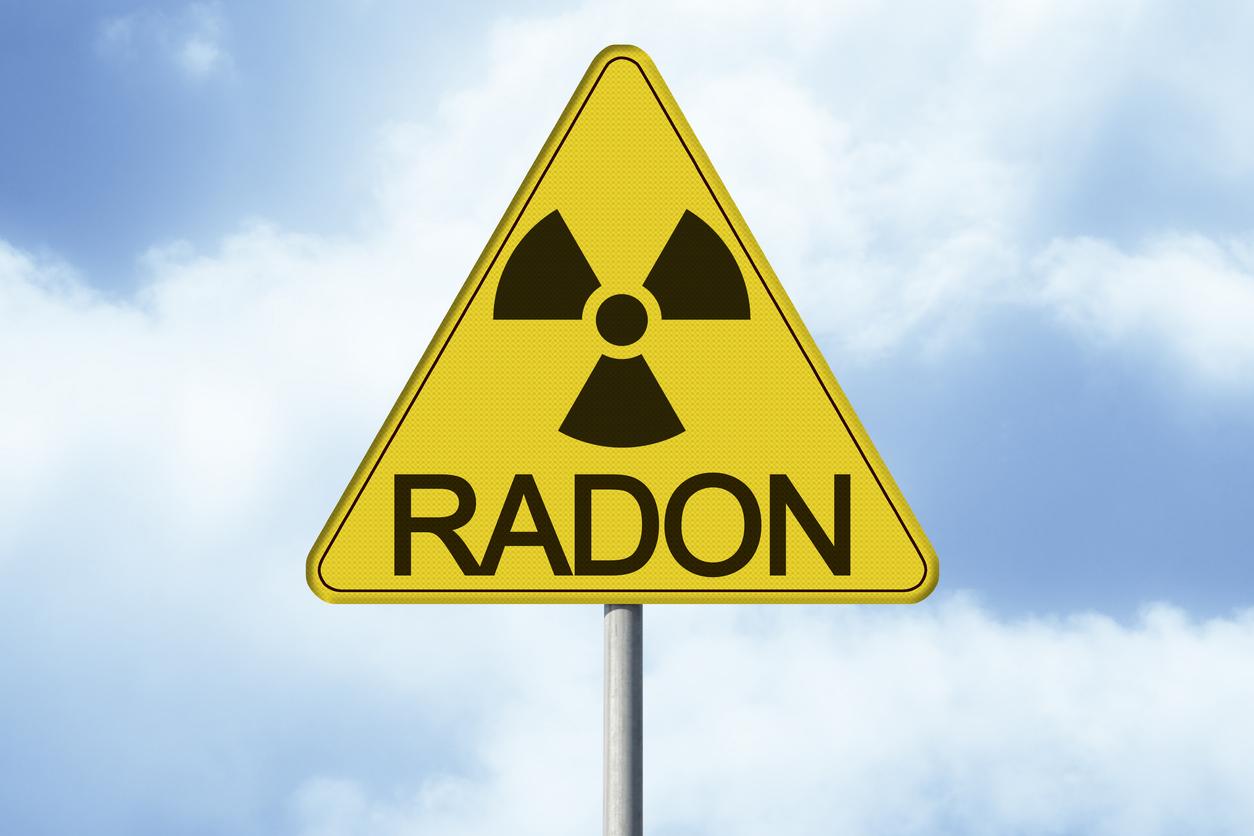Pesticides, heavy metals … These chemicals alter children’s brain development and should be banned, denounces a coalition of scientists.

A coalition of 48 American scientists, doctors and conservationists is calling for immediate action to reduce the exposure of pregnant women and children to chemical pollutants.
In his platform published in the scientific journal Environmental Health Perspectives, the TENDR project believes that there is sufficient evidence to prove the link between exposure to toxic substances in air, water, food and the risk of neurodevelopmental disorders in children.
Intellectual disability, autism spectrum disorders, attention deficit disorder with or without hyperactivity (ADHD), learning difficulties … For the members of the TENDR project, some of these complex disorders which combine genetic and environmental origins could be avoided if toxic chemicals were removed from our environment.
“In 2011, an analysis by the US Centers for Disease Control and Prevention (CDC) found that 90% of pregnant women had detectable levels of 62 chemicals in their bodies, including pesticides or phthalates. The majority of the products can cross the placental barrier ”, recall, worried, the authors.
A toxicity never evaluated
Organophosphate pesticides such as malathion, or flame retardants contained in furniture and clothing are the top pollutants to be prohibited as quickly as possible. The coalition also denounces pollution with heavy metals such as lead or mercury, as well as the presence in the environment of PCBs, or polychlorinated biphenyls, widely used in industry at the beginning of the 20e century before being banned in the 1980s.
Throughout their forum, the signatories list the scientific studies having “clearly demonstrated their neurological toxicity”. But they insist that these substances are only the tip of the iceberg. Many products used and sold in the United States, and around the world, have never been tested in the laboratory to assess their potential impact on the nervous system of children. An absence of toxicological studies which must now cease, warns the TENDR project.
“The stakes are such that scientists and health professionals belonging to the TENDR project will continue to work together to make recommendations aimed at considerably reducing the exposure of our children to these toxic chemicals,” says Maureen Swanson, co-director of the project. Calling for further scientific work is no longer a sufficient response to respond to the threat. “
.

















